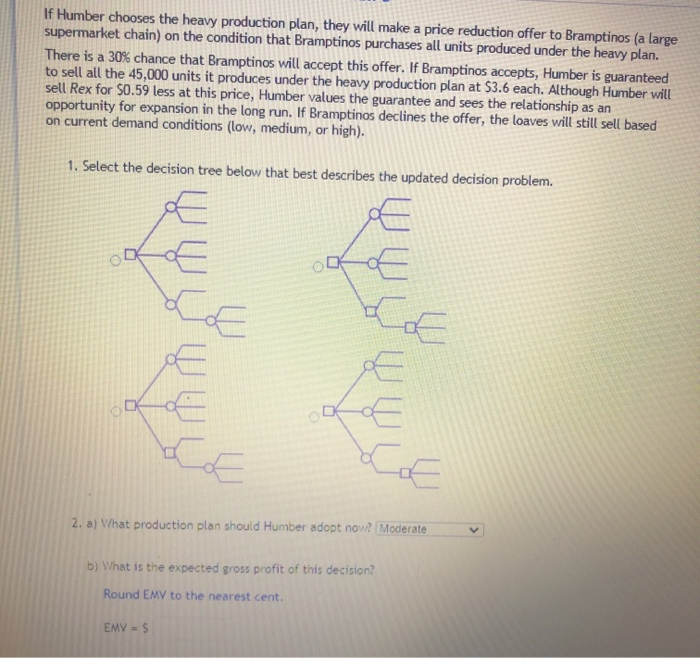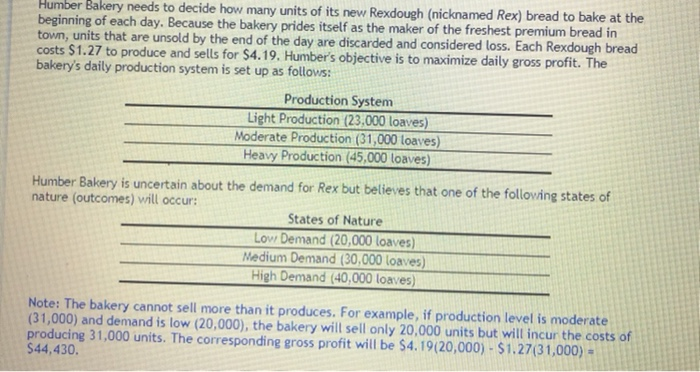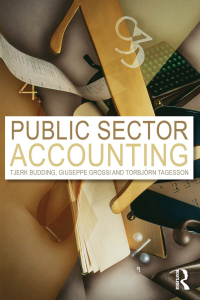Answered step by step
Verified Expert Solution
Question
1 Approved Answer
can u answer all of this question for me please numebr 1,2a,2b this part will help with answering the question If Humber chooses the heavy
can u answer all of this question for me please
numebr 1,2a,2b 

 this part will help with answering the question
this part will help with answering the question Step by Step Solution
There are 3 Steps involved in it
Step: 1

Get Instant Access to Expert-Tailored Solutions
See step-by-step solutions with expert insights and AI powered tools for academic success
Step: 2

Step: 3

Ace Your Homework with AI
Get the answers you need in no time with our AI-driven, step-by-step assistance
Get Started


